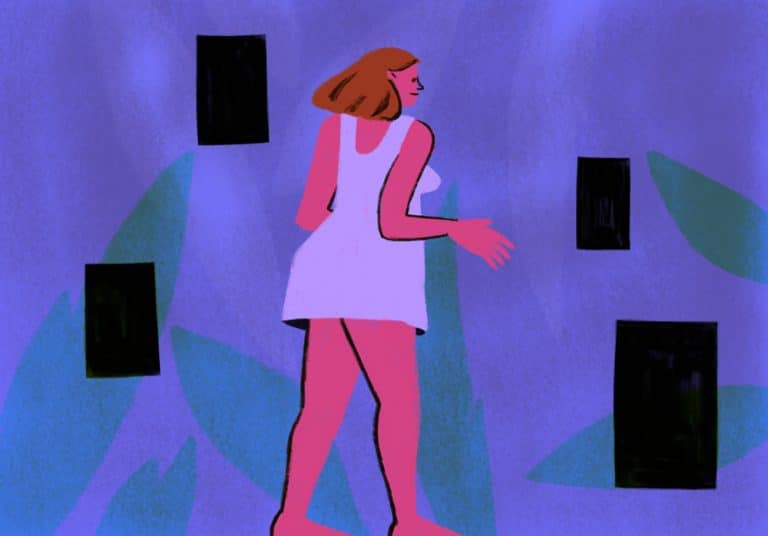This Black Friday, the #LowestWageChallenge wants us to think about the people that make our clothes
It’s Black Friday, which means most people—even those of us who said they wouldn’t—are probably out there or online, buying items for half of their normal price. Items they don’t necessarily need; things like TVs, other electronics, and clothes, a lot of clothes. That’s why it’s crucial we start thinking and talking more about the people who make those items we buy for less; the people who earn the lowest wages. It’s about time we start tackling this problem. That’s what the Lowest Wage Challenge aims to do, starting this December, through its campaign #LowestWageChallenge. What is the idea behind it, and, more importantly, could it actually change the prevalent unfairness of the fashion industry?
The campaign’s concept is simple. All it is asking is that brands be more transparent and share their lowest wages. Why? According to the Lowest Wage Challenge’s website, it is estimated that only 2 per cent of the people who make our clothing earn a living wage. This means that almost everyone who made the clothes we’re planning on buying today is unable to meet their most basic needs. The campaign aims to show buyers the hard reality of a worker’s life, “Because you deserve to know whether or not the people who made the clothes on your body have been paid enough to meet their basic needs and live a life of dignity.” We, as consumers, have the power to buy and consume, but also the power to change the working conditions and the salaries of whoever makes our clothes.
If we demand that the brands we buy from start publishing their lowest wages, would that transparency eventually result in making those brands more accountable for the work environments they foster? That’s what the campaign is hoping for. In other words, the people behind the #LowestWageChallenge truly believe this could change the fashion industry forever.
The movement was initially started by two ethical fashion brands, ABLE and Nisolo, which noticed that although average wages are often published by companies and brands as a way to show some transparency to customers, the lowest wages paid are not. The campaign believes that the lowest wage is a much better indication of how a company cares for its most vulnerable employees.
That’s why the #LowestWageChallenge was launched in November, to ask us, the consumers, to pick our favourite brands, go on their social media pages, preferably on Instagram, select the brand’s latest post, and comment: “@brand What’s your lowest wage? #LowestWageChallenge.” But the fashion industry has a long way to go sustainability-wise as well as when it comes to its workers’ rights. Can another one of many challenges actually make a change?
In theory, and only if mass action is taken, this could improve workers’ rights while also revolutionising the way operations are conducted. Some brands, probably not the biggest names in the fashion industry, could also benefit from the challenge by showing how they value the people within their supply chains. To push the challenge forward, the #LowestWageChallenge is inviting participants to nominate the brands they want to ‘call out’ on its website. Among the most nominated so far are brands such as Madewell with 174 votes, Target with 77 votes, Zara with 75 votes, and others. The campaign will announce committed brands on 5 December.
When and if these wages are revealed by the nominated brands, they will then have to be verified by a third-party reporting tool, called ACCOUNTABLE, that will ensure the expectations of conscious consumers are met. The tool will audit manufacturers by focusing on equality, safety and wages, with a particular emphasis on women in the workplace. As ACCOUNTABLE states on its website, “Our dream is that in 10 years or sooner, publishing wages will be as common as a nutritional facts label on your food.”
While the concept as a whole sounds promising, the campaign has yet to break the internet. If a considerable number of people were participating in the challenge, then maybe it could be considered a ‘threat’ to today’s fashion industry. Right now, however, The #LowestWageChallenge doesn’t appear to be the magic solution to the unfairness of the fashion industry, but rather just another short-lived challenge to add to the list.






